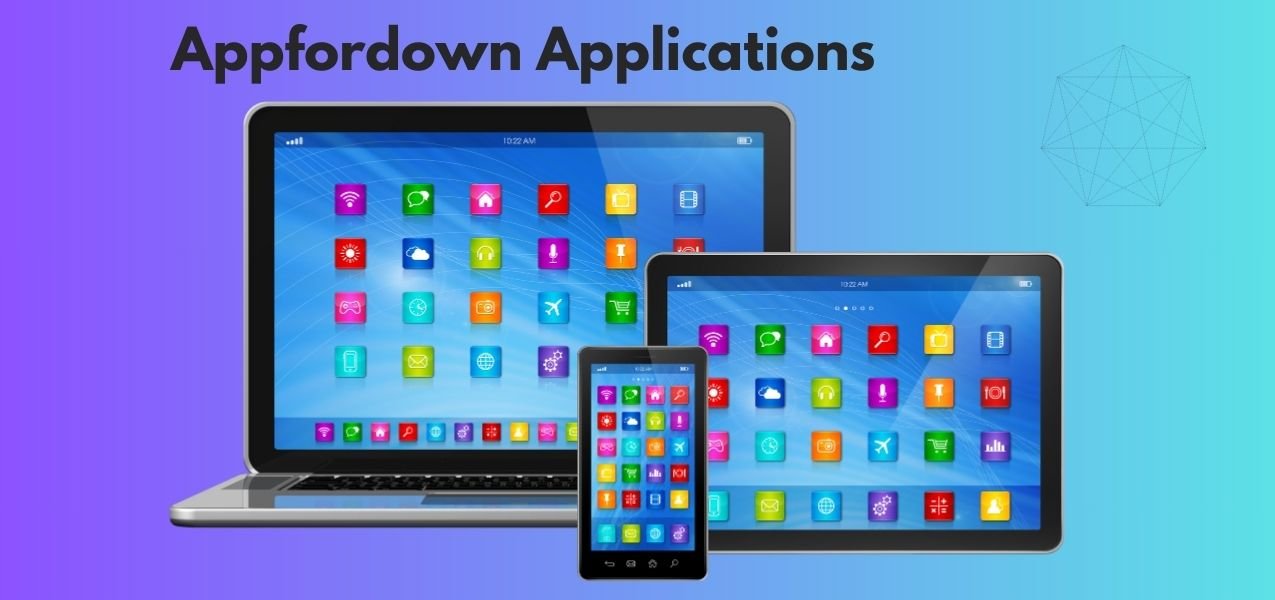Introduction
Remote work has completely reshaped the way we think about the office. What used to be a luxury reserved for freelancers or tech startups is now part of everyday life for millions of people. Whether you love the flexibility or miss the office coffee machine, remote work is here to stay. But it’s not just about hopping on a Zoom call in your PJs. It comes with challenges and questions, like “What states are remote work illegal?” or “Is it illegal to work from home with a baby?
I’ve had to figure out if my home Wi-Fi could handle a dozen video calls daily and whether my dog barking in the background would be considered “professional.” Spoiler alert: it’s not. But beyond those smaller adjustments, there are severe considerations like medical reasons to work from home or even wondering, where do I get unemployment remote work if you’re in between jobs. This article will dive into some solutions, answer those tricky questions, and offer a roadmap for navigating remote work life.
Collaboration Platforms: The Core of Remote Work Solutions
Stay connected with your team when you’re not in the office becomes crucial. Thankfully, several collaboration platforms keep things running smoothly:
- Slack: Great for quick messaging and organizing conversations by project or topic. You can also integrate other tools like Trello for task management.
- Microsoft Teams: Offers chat, video calls, and document collaboration all in one, making it ideal for those using Office 365.
- Zoom: The go-to tool for video calls, with features like breakout rooms and screen sharing for more focused discussions.
While these platforms are essential, some may ask, what states are remote work illegal? Fortunately, remote work isn’t illegal anywhere in the U.S., but labor laws in states like California and New York complicate businesses.
Cloud-Based Productivity Tools: Keeping Remote Teams in Sync
The success of remote work depends on easy access to shared documents and tasks. That’s where cloud-based tools come in:
- Google Workspace: Ideal for creating, editing, and sharing documents in real time. Google Drive ensures files are always accessible.
- Trello and Asana: Visual project management tools that track tasks and deadlines with boards and lists. Perfect for staying organized remotely.
- Dropbox and OneDrive: Secure file-sharing tools that simplify collaboration, even with large files; for those in between jobs, wondering where do I get unemployment remote work, platforms like LinkedIn or job boards focused on remote roles are great places to start.
Virtual Meetings and Video Conferencing: Staying Connected
Video conferencing has become the lifeblood of remote work. The right tools make virtual meetings just as effective as in-person ones:
- Google Meet: Integrates with Google Calendar, making scheduling and joining meetings easy with a click.
- Cisco Webex: Great for larger organizations with features like meeting recordings, noise suppression, and breakout rooms.
These tools also provide flexibility when you need excuses to work from home, like handling personal tasks or balancing responsibilities.
Time Management and Productivity Apps: Keeping Yourself on Track
Remote work often blurs the line between work and home life. Time management apps help maintain focus and productivity:
- Toggl: Tracks time spent on tasks, offering insights into how your workday is structured.
- RescueTime: Provides detailed reports on your time on apps and websites, helping you eliminate distractions.
- Todoist: A task management tool designed to help you prioritize and organize your daily tasks.
For parents, a common concern is, Is it illegal to work from home with a baby? It’s not illegal, but productivity and balance are key. Time management tools can help show that you’re on top of your responsibilities, even while juggling childcare.
Cybersecurity and Data Privacy Solutions: Keeping It Safe
Working from home comes with security challenges, especially when dealing with sensitive company data. Cybersecurity solutions like:
- VPNs: Encrypt your online activity, keeping company data safe when accessing it remotely.
- Multi-factor Authentication: Adds an extra layer of security by requiring additional verification beyond just a password.
Endpoint security solutions: Safeguard devices from threats like malware and phishing, helping to keep home networks secure.
For employees with medical reasons to work from home, cybersecurity solutions help ensure they can safely access work-related information while managing their health.
Legal Considerations: What States Are Remote Work Illegal?
To clarify, what states are remote work illegal? Remote work is not banned in any U.S. state, but certain regions have stricter regulations. For example, California and New York have complex labor laws regarding wages and breaks, which can make managing remote workers more difficult for employers. Additionally, industries like healthcare and finance in states like Nevada and Utah face added restrictions due to privacy and licensing requirements.
Medical Reasons to Work from Home: A Growing Consideration
There are many valid medical reasons to work from home:
- Chronic Illness: Conditions like autoimmune diseases, diabetes, or severe asthma may require frequent doctor visits, making commuting and traditional office environments difficult.
- Mental Health: Anxiety, depression, or high-stress environments can be managed better in a comfortable home environment.
- Physical Disabilities: Remote work allows those with mobility issues or chronic pain to create a workspace suited to their needs
Conclusion
Remote work is reshaping the future of employment, and with the correct remote work solutions, it can be both productive and enjoyable. Collaboration platforms, cloud-based tools, and cybersecurity measures allow businesses and individuals to thrive in this new work environment.
Questions like what states are remote work illegal, Is it illegal to work from home with a baby, or where do I get unemployment remote work highlights the unique challenges and opportunities remote work offers. By addressing these concerns and providing solutions, remote work can become a flexible, sustainable option for everyone.
Whether you’re working from home due to medical reasons or need a better work-life balance, the future of work is remote, and it’s here to stay. You can adapt and succeed in this ever-changing landscape with the right tools.











One thought on “Remote Work Solutions: Navigating the Future of Flexible Work”